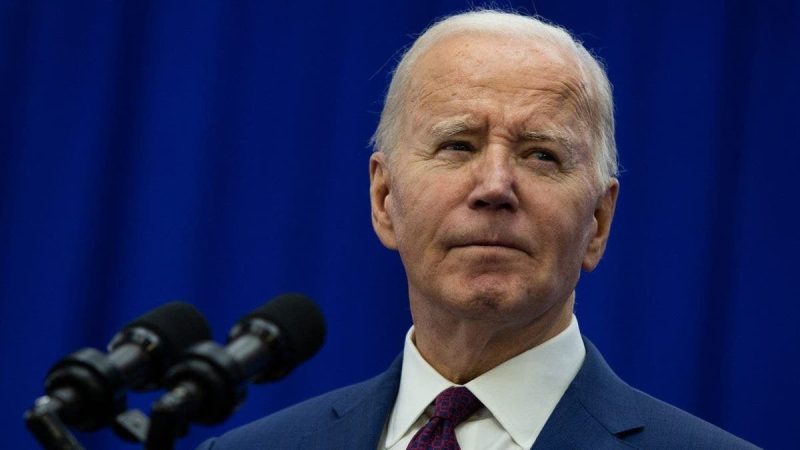In a fiery standoff between House Republicans and President Joe Biden’s administration, the unveiling of the $7.3 trillion budget has sparked controversy over what critics are calling a bombardment of woke items buried within the budget. As the battle lines are drawn, the GOP has taken up the mantle of calling out these perceived excesses, raising questions of priorities and values within the federal spending plan.
One of the key points of contention in the budget is the allocation of significant funds towards climate change initiatives. While many agree that addressing climate change is crucial, critics argue that the sheer scale of spending on these endeavors exceeds reasonable bounds. House Republicans have pointed out that the funding for climate initiatives includes questionable line items, such as grants for climate research in foreign countries and climate justice programs that lack clear definitions or goals.
Additionally, the budget has come under fire for directing funds towards gender and racial equality initiatives. While these are noble objectives, opponents contend that the budget goes too far in pushing a particular ideological agenda. Specific programs, such as gender reassignment surgeries for military personnel and grants for critical race theory training in schools, have drawn sharp criticism for being out of touch with the priorities of many Americans.
Education spending has also been a focal point of debate, with the budget allocating substantial resources towards expanding access to higher education and student loan forgiveness programs. While these initiatives are designed to promote social mobility and economic growth, detractors argue that the budget fails to address the underlying issues plaguing the education system, such as rising tuition costs and the lack of accountability among institutions.
In response to the GOP’s expose of the woke items in Biden’s budget, supporters of the administration have defended the spending plan as a reflection of the administration’s commitment to progressive values and social justice. They argue that investments in climate change, equity, and education are essential for building a more inclusive and sustainable future for all Americans.
As the battle over Biden’s budget rages on, it raises larger questions about the role of government in addressing societal challenges and the need for bipartisan cooperation in crafting responsible fiscal policy. While both sides are passionate in their convictions, finding common ground will be essential in navigating the complex issues facing the nation today.

